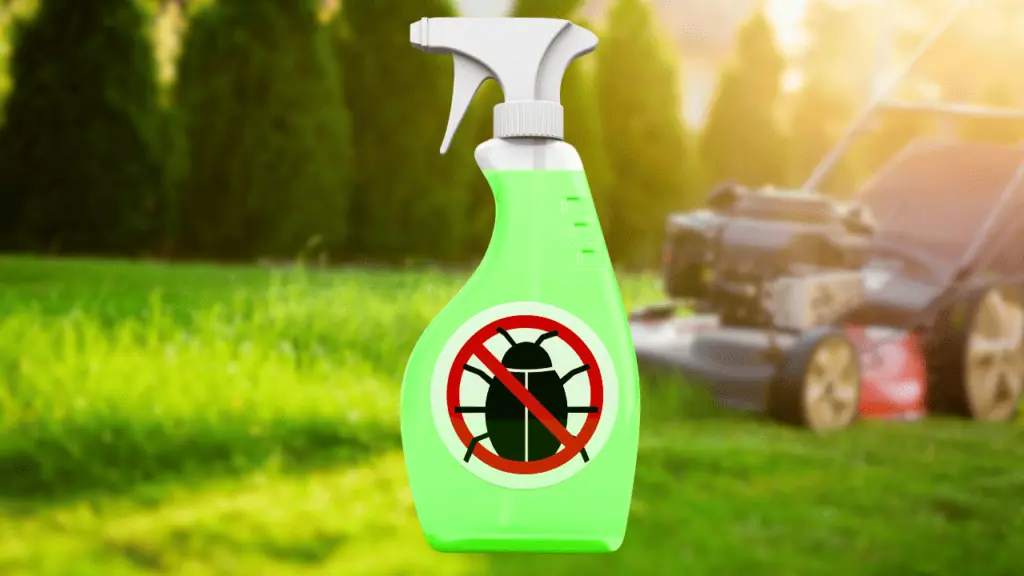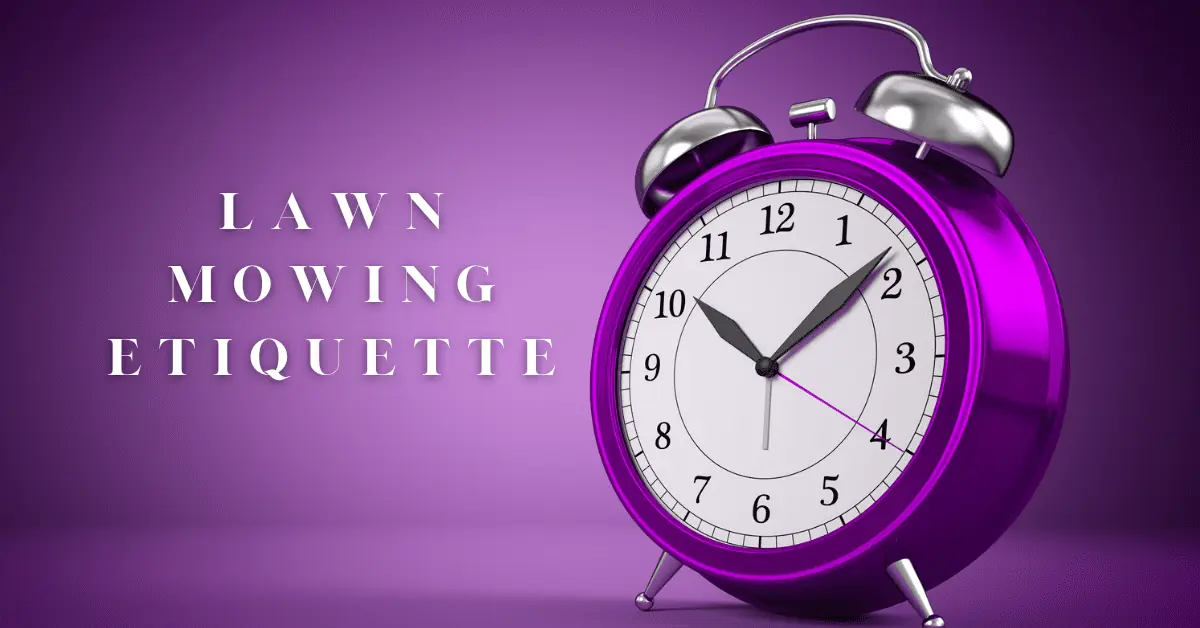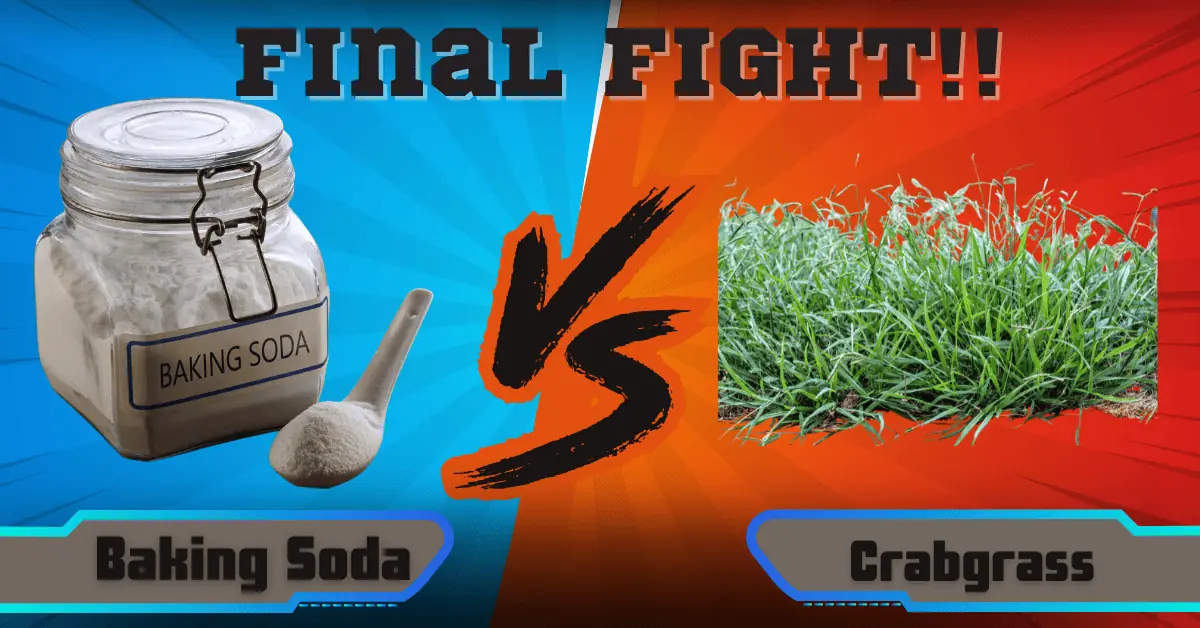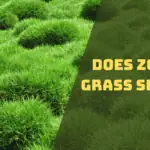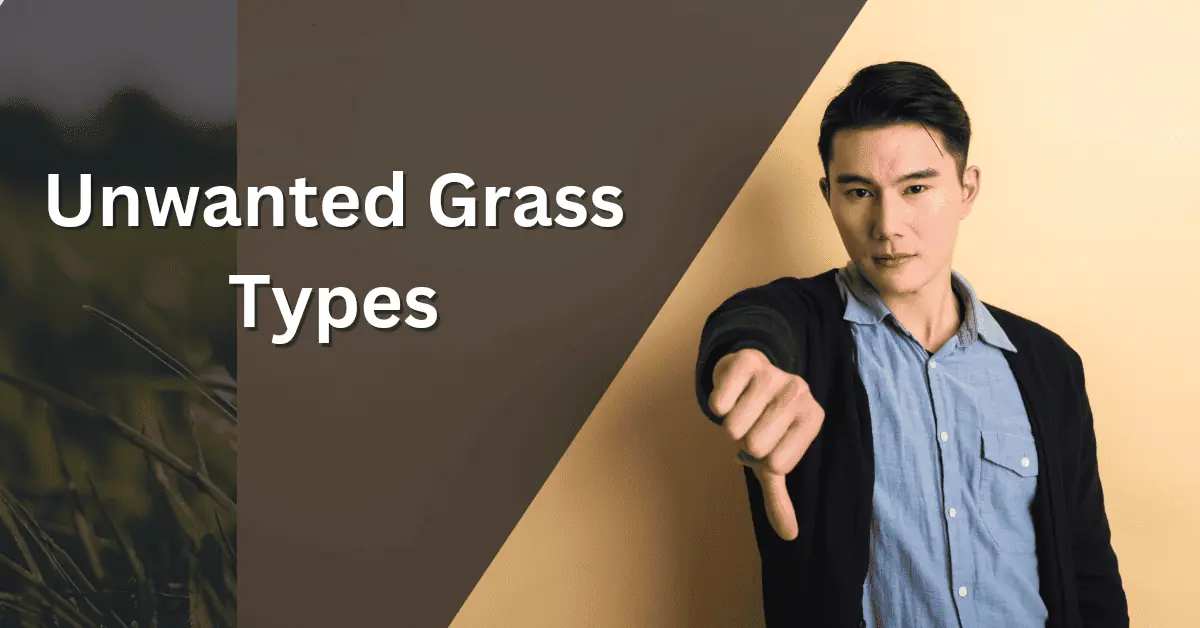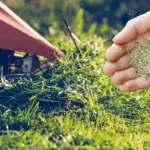While you’re putting in all the effort to maintain a healthy and thriving lawn, many factors work against it. That includes bugs, and one way to take care of them is by spraying with chemicals, which is effective.
However, there’s always the question of the appropriate time to spray for bugs. Should you spray before cutting the grass or after cutting it?
Advocates for cutting before spraying for bugs say it’s best because it helps most of the insecticide get to the stems where the insects are hiding. Others claim that spraying your grass after a mowing session is best.
In this article, you’ll learn about the best time to spray for bugs and more!
Should You Cut Grass Before Spraying for Bugs?
Yes, it’s best to cut your lawn before spraying over it for bugs. That stops them from escaping from the lawn because many bugs live in tall grass, including ants, aphids, ticks, and other grass-disturbing pests. When you mow your lawn, these pests will leave or die. In any case, insects that escape cannot return because the spray becomes a preventative measure.
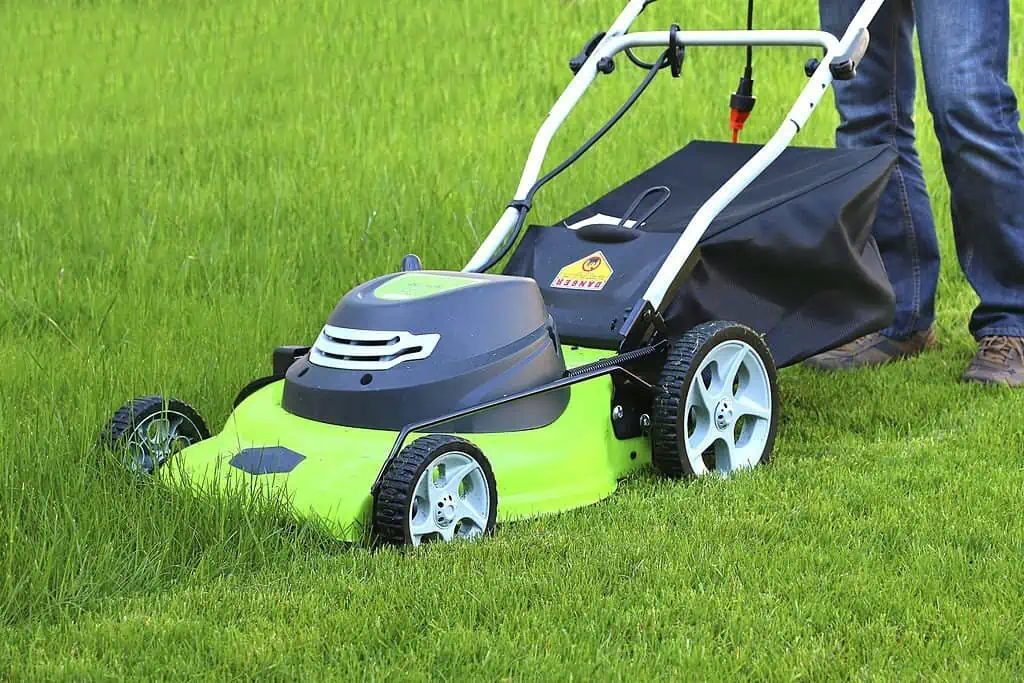
If you’re still in doubt about cutting your grass before spraying for insects, perhaps the following benefits will convince you:
- Tall grass is not ideal for spraying insecticides as the grasses prevent the chemicals from reaching the insects. Such grass is the perfect hiding place for bugs to thrive.
- Keeping short grass is better at exposing hidden bugs, and it’s easier for insecticides to locate. Many bugs stay close to the roots and wool, preventing the spray from reaching them. With short grass, there’s no covering for the bugs.
- Cutting the grass before spraying insecticides helps the soil and plants to soak in the treatments. When you spray, the insecticide does its job instantly.
- Mowing the grass will target and eliminate a lot of insects. A weed eater or lawnmower will affect ticks, fleas, aphids, and other bugs, solving half your problems. After cutting, then you can follow it up with the spray.
- Not all insects are pests to your grass and plants. Cutting the grass allows bees, butterflies, and insects to pollinate nearby flowers. After that, you can apply the insecticides.
- Mowing before spraying for bugs also helps you keep the lawn in check. Since your lawn needs regular cuts and trims, you can take advantage of the situation to spray after cutting.
What Happens When You Cut Grass Before Spraying for Bugs?
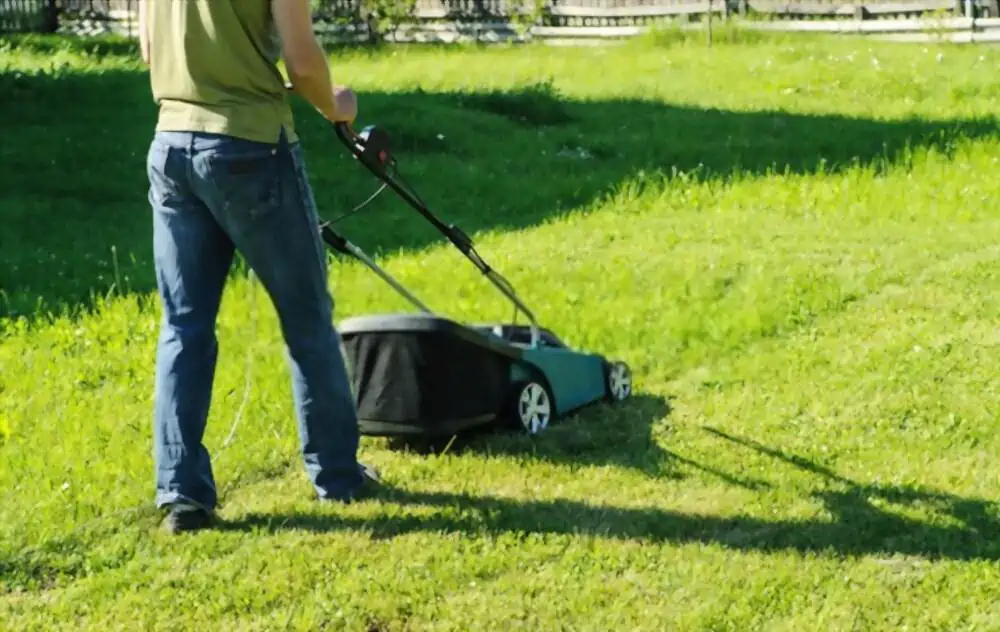
Mowing after spraying for bugs will remove many chemical elements, making the insecticide mostly ineffective or less potent.
Also, with the grass shorter, the insecticides cover much of your yard, leading to dangers for you, your family, and your pets. For these reasons, cutting the grass before insecticides are used is best.
The bugs will likely remain there if you accidentally cut your grass after applying insecticide. The spray will affect Some of them, but many bugs will hide below the grass. Even if they’re irritated by the spray, they will likely escape and return later.
How To Eliminate Bugs After Mowing
Even without spraying your grass, you can eliminate bugs after mowing. Here are ways you can do that:
- Keep your lawn at a reasonable height throughout the year. The grass stays fresh at two to three inches long, preventing bugs, fungus, and other pests from affecting the soul.
- If you have pets, remove their feces immediately. Do that as quickly as possible because the odors can attract flies from all parts of the yard. Further, the bacteria from pee and poop will ruin the soil, attract other pests, and make the bugs much more difficult to manage.
- Use a natural insecticide throughout the lawn. Ensure you use one that won’t hurt the grass.
- Garbage and mulch can spill on your lawn, especially when not used. Such spills may look harmless, but sugar in most foods attracts spiders, ants, maggots, flies, and other insects in the long run. Throw leftovers and finished fruits properly to avoid bugs hunting for them in your yard.
- Stop water from building up on your lawn or leaving your soil soaked for too long. If it rains most times, you don’t need sprinklers going off as the rainwater is effective at growing grass and saturating the soil. Adding more water to the ground will make it mushy and prone to infestation from bugs and fungi.
Important Bug Spraying Tips
- During application, keep mowing and applying chemicals in a sweeping motion.
- Spray your lawn during more excellent parts of the day, such as early morning and evening.
- Do not spray for bugs if it’s raining or the forecast predicts rainfall in the next 24 hours.
- Feel free to reapply the spray over your lawn if the bug infestation is too much.
Conclusion
When you cut your lawn, spraying for bugs has a significant role. It’s a deciding factor that deals with unwanted insects or gives them room to thrive on your lawn.
As said earlier, the best time to cut grass is before spraying for bugs. Doing so allows your grass to provide less cover and a hiding place for bugs like fleas, aphids, and ticks.
If you get the order wrong or cut after you’ve applied chemicals, many bugs will survive. Also, insects like bees and butterflies will have challenges pollinating flowers and other plants around your lawn. If you cut the grass before applying insecticide, the weed cutter or mower does half the job by killing many insects.
Now that you know this, cut your lawn before spraying for bugs so the treatment gets to the stems and near the roots where bugs thrive.
